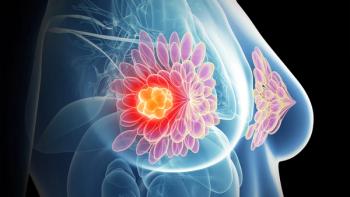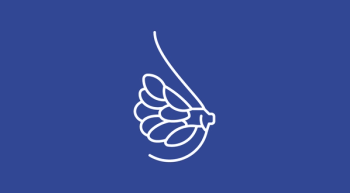
All About Hope
Cancer Hope Network is an organization that is all about its middle name-Hope.
Cancer Hope Network is an organization that is all about its middle name—Hope. The national, nonprofit group was founded in 1981 by Diane Byrnes-Paul, an oncology nurse whose uncle had cancer. After undergoing treatment he told his niece that his anguish and emotional pain would have been greatly reduced if only he could have spoken to someone who had been through a similar cancer experience and had survived. It was a lament that Diane had heard before—from many of the cancer patients she administered chemotherapy to on a daily basis. She came to realize that the only people who could restore hope to despairing cancer patients were those who had survived the same cancer, treatment, and side effects.
Her idea has evolved into Cancer Hope Network. This New Jersey-based, national organization provides one-on-one support to adult cancer patients and their families on a free and confidential basis through hundreds of trained Support Volunteers, all of whom are cancer survivors. Wanda Diak, CHN’s Executive Director (and a survivor herself) notes: “We find that the patients in most need of help are those recently diagnosed with cancer. At that point many people are overwhelmed by a wide range of emotions and concerns. The combination of fear, anxiety, uncertainty, and side effects causes many to despair.”
Cancer Hope Network provides customized patient support at this critical time. When a patient calls its toll-free number, he or she is interviewed by a member of CHN’s Patient Services Team and a
Patient Profile is created. This profile is then matched against CHN’s database of cancer survivors based on the:
- Type of cancer the patient has
- Treatment program the patient is undergoing
- Side effects the patient is experiencing
- Stage of the cancer
- Various psychosocial factors, which include age, gender, marital status, whether children are involved, as well as the patient’s level of understanding of the cancer experience.
Also considered, in addition to these factors (and sometimes more important), is the immediate major concern or need of the patient. And this factor is virtually unlimited in its diversity.
The Support Volunteer most closely matched to the patient’s profile and immediate concerns is then asked to contact the patient by telephone. If the match works well for the patient, additional support calls from the Support Volunteer can be requested by calling the Patient Services Team, which again notifies the Support Volunteer.
The initial trauma of a malignant diagnosis is undoubtedly one of life’s worst experiences and will remain so until a cure for cancer is found. Until then Cancer Hope Network offers unique one-on-one support to help patients through this unknown and fearful experience. Through its internal and external resources CHN shares the successful experiences of cancer survivors, dispelling fears, myths, and uncertainty, and replacing those with a much better feeling—the feeling of Hope.
Cancer Hope Network is non-sectarian, non-denominational, and is not affiliated with any religious, political, or commercial entity. It is funded totally by its own fundraising efforts. Cancer Hope Network’s Support Volunteers do not endorse or recommend treatments, facilities, or physicians. In addition to emotional support and encouragement, they provide practical information, helpful hints, and methods for coping with a patient’s diagnosis and treatment.
For more information about Cancer Hope Network and their support services, call tool-free 877-HOPENET (877-467-3638) or visit their website at
Newsletter
Knowledge is power. Don’t miss the most recent breakthroughs in cancer care.














































































